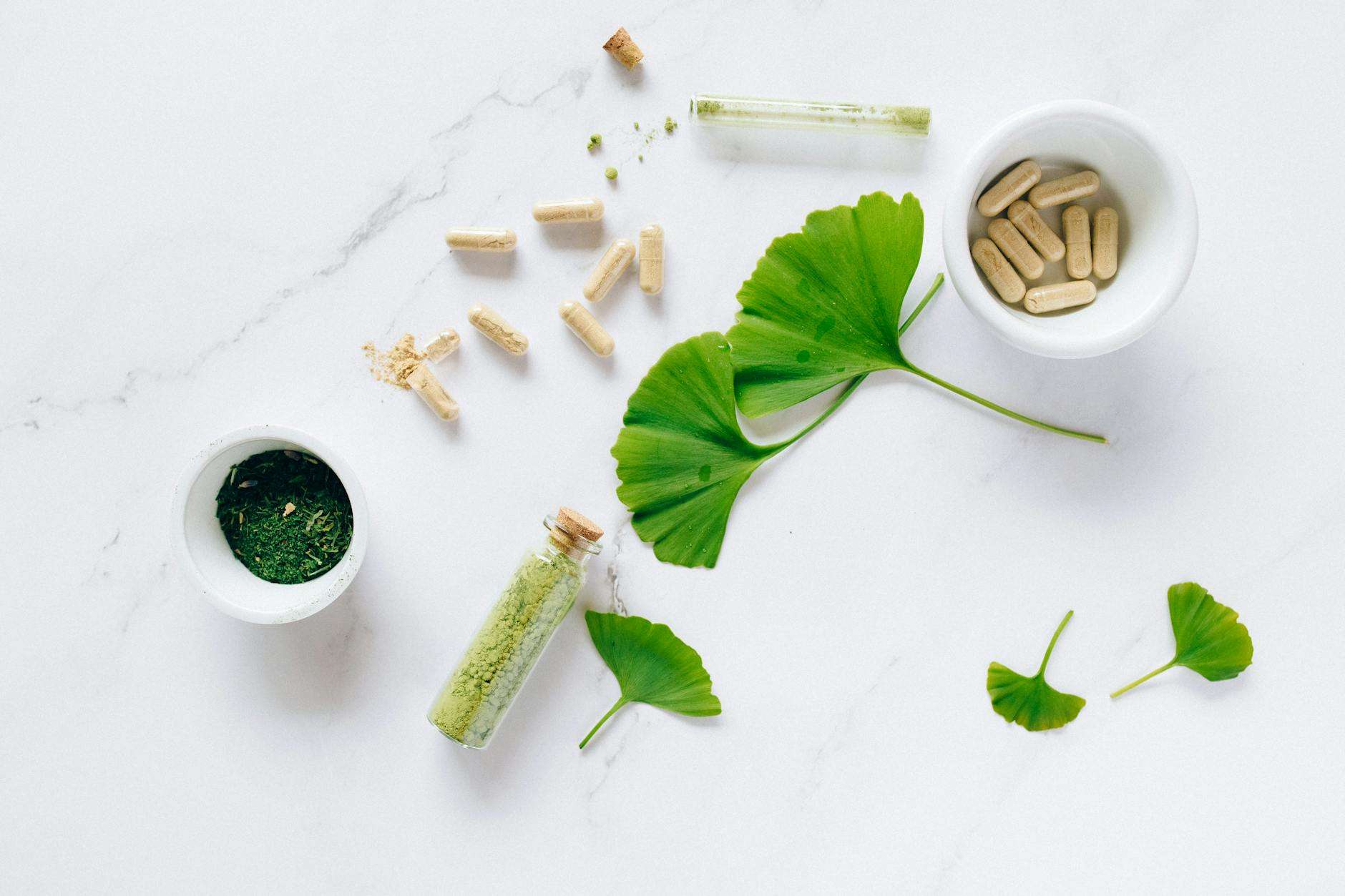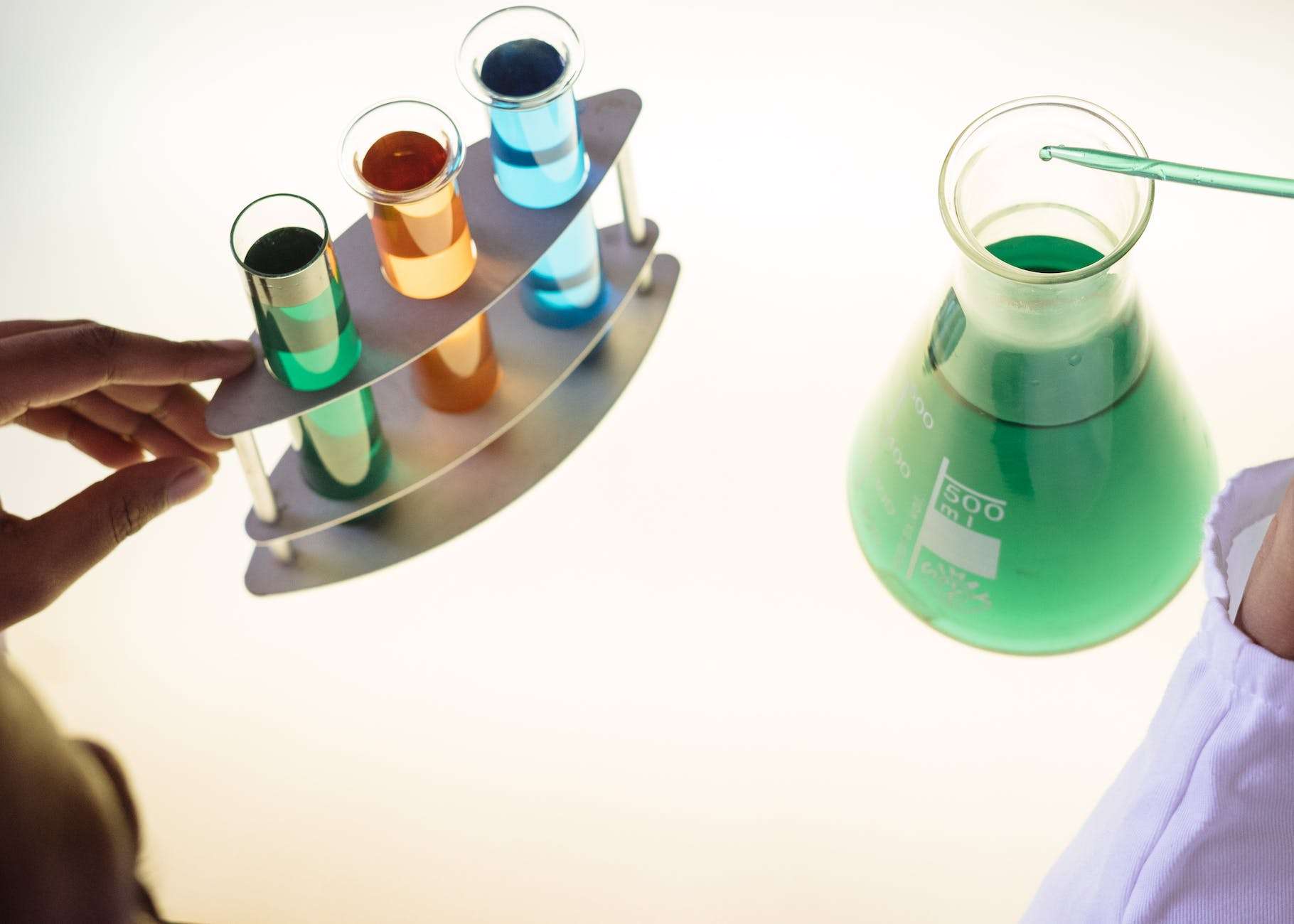No products in the cart.: $0.00
CBD for Athlete: Can CBD Improve Your Game?

CBD oil is not a performance-enhancing drug, it’s not prohibited by the World Anti-Doping Agency (WADA)
CBD is quickly becoming a favorite supplement among young athletes, and it’s no wonder why. In order for athletes to perform their best, they need to constantly monitor and nurture their bodies. If they’re not recovering quickly, eating right or sleeping enough, they can end up struggling with things like strength training, muscle endurance, focus, anxiety, and even depression.
This is where CBD comes in.
What is CBD?
CBD, short for cannabidiol, is one of the many compounds found in the cannabis plant. Unlike THC (tetrahydrocannabinol), another compound found in cannabis, CBD does not have psychoactive properties and will not produce the “high” commonly associated with marijuana use.
CBD can be extracted from the cannabis plant and formulated into a variety of products, including oils, capsules, edibles, and topical creams. It can also be found in various forms such as isolate, full-spectrum, and broad-spectrum.
CBD is believed to have a wide range of potential therapeutic benefits, including reducing anxiety, improving sleep, increasing focus, reducing pain, and reducing inflammation. It is also believed to have antioxidant and neuroprotective properties. All key ingredients to an athlete’s success. Research on the effects of CBD oil on athletic performance is still in its early stages and more studies are needed to determine its effectiveness, but so far, the research is promising.
Is CBD legal?
The legality of CBD is complex and varies depending on the source of the CBD and the laws in a specific country or region.
In the United States, the 2018 Farm Bill legalized the cultivation, production, and sale of hemp, which is defined as cannabis containing less than 0.3% THC. This made hemp-derived CBD legal at the federal level, but some states have enacted their own laws regarding hemp and CBD.
In Canada, CBD is considered a Schedule II drug and is legal for medical use when obtained through a prescription. CBD products can also be sold as a natural health product with a license from Health Canada.
In the European Union, CBD is not considered a controlled substance and can be sold as a food supplement, but it is not authorized as a medicine.
In the United Kingdom, CBD is legal as long as it does not contain THC above a certain limit and has been approved by the Medicines and Healthcare products Regulatory Agency.
In Australia, CBD is legal for medical use when prescribed by a doctor and can also be sold as a supplement.
The laws and regulations regarding CBD are constantly changing and can vary depending on the specific country or region, so it’s important to stay informed and comply with the laws in your area.
I am an athlete, is CBD regulated by the World Anti-Doping Agency (WADA)?
CBD oil is not a performance-enhancing drug, it’s not prohibited by the World Anti-Doping Agency (WADA) and it does not have psychoactive effects, hence it does not affect the mind or consciousness of an athlete.
How can CBD help an athlete perform better?

CBD + Inflammation
CBD has been shown to help reduce inflammation after exercise, which means it can speed up recovery time between workouts—so that you’ll be able to hit the gym again sooner than before!
There have been several studies on the anti-inflammatory properties of CBD. CBD has been found to interact with the body’s endocannabinoid system, which plays a role in regulating inflammation. Studies have shown that CBD can reduce inflammation in animal models of various conditions, such as arthritis and multiple sclerosis. CBD has also been found to suppress pro-inflammatory cytokines, which are molecules that promote inflammation.
One study published in the European Journal of Pain found that topical CBD was effective in reducing pain and improving sleep in people with chronic pain conditions such as osteoarthritis.
Another study published in the Journal of Clinical Investigation found that CBD reduced inflammation and improved heart function in animal models of heart disease.
CBD has also been found to reduce inflammation in the brain, which is thought to play a role in conditions such as Alzheimer’s disease and multiple sclerosis.
CBD + Muscle Soreness
When you’re in pain or sore, it’s not easy to continue strength training. CBD is said to help with pain management and reducing pain perception–meaning that you’re less likely to experience as much soreness as you usually would during those grueling sessions on the bench press machine (or wherever else you’re working out).
CBD’s anti-inflammatory properties may be one of the mechanisms by which it reduces muscle soreness. Inflammation is a common cause of muscle pain and soreness, and by reducing inflammation, CBD may help to alleviate muscle soreness.
A study published in the Journal of Clinical Medicine found that CBD applied topically reduced soreness and improved recovery in people after a workout. In another study, CBD was found to reduce muscle spasms and stiffness in people with multiple sclerosis.
These studies are all encouraging, but keep in mind that more research is needed to confirm the effectiveness of CBD in reducing muscle soreness and to determine the optimal dosage and administration method.
CBD + Focus
Focus and concentration can help athletes by allowing them to block out distractions and stay focused on the task at hand. This can improve their performance by allowing them to react more quickly to the situation and make better decisions. Additionally, a strong focus can help athletes to maintain their composure under pressure, which can be critical in high-stakes competitions.
As mentioned earlier in the article, CBD is believed to have anti-inflammatory properties which may help to reduce inflammation in the brain and improve cognitive function, helping to improve focus and concentration.
In addition, CBD is believed to interact with the body’s endocannabinoid system, which plays a role in regulating mood and cognitive function. Studies have found that CBD may be effective in reducing anxiety, which can also improve focus and concentration.
A study published in the Journal of Clinical Psychology found that CBD improved attention and cognitive function in people with ADHD. Another study published in the Journal of Clinical Psychology found that CBD improved attention and working memory in people with social anxiety disorder.
What side effects should I look out for?
As an athlete, it is crucial to be aware of what you are putting into your body. One of the best things about CBD is that it is generally considered safe with minimal reported side effects. These have been rare reports that include fatigue, changes in appetite, and diarrhea.
Is CBD addictive?
CBD is not considered to be addictive. Unlike THC, the main psychoactive compound in cannabis, CBD does not produce the “high” associated with marijuana use. Additionally, CBD does not appear to produce withdrawal symptoms or cravings like those associated with other addictive substances. That said, as with any substance, it is important to use it responsibly and follow the recommended dosage.
If you decide to give CBD a try, make sure to purchase a high-quality product. CBD oil products can vary greatly, there are a lot of cheap brands on the market that will not return the same benefits as a good, pure, and effective CBD so it is important to do your research and purchase products from reputable sources and always consult with a medical professional before adding any supplement to your regimen.





